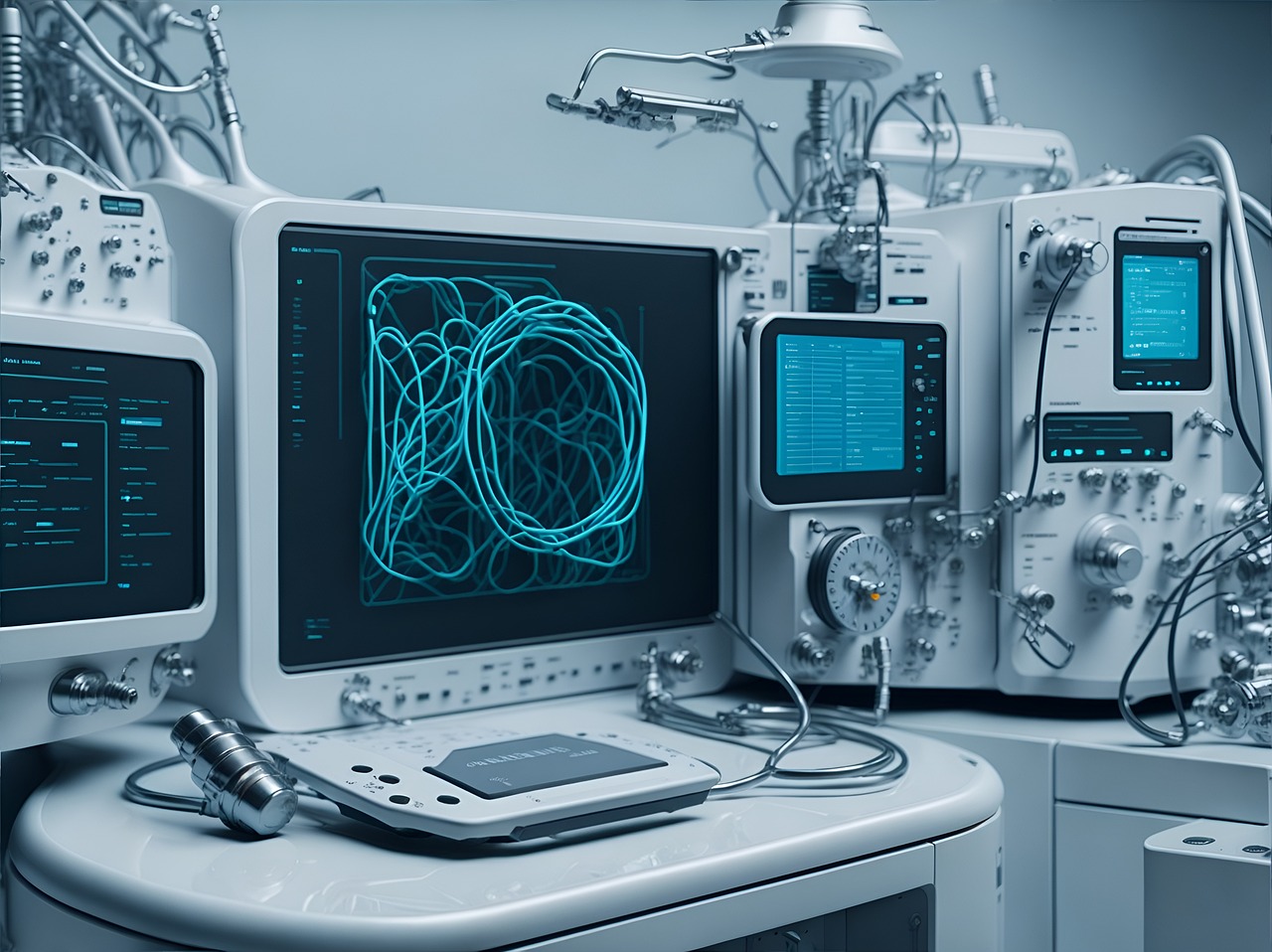Transforming Healthcare: How AI is Revolutionizing Diagnosis and Treatment
annalistai / January 21, 2024

The healthcare industry stands on the brink of a revolution, fundamentally reshaped by the seismic shifts brought about by Artificial Intelligence (AI). From predictive analytics to AI-driven diagnostic tools and personalized treatment plans, the influence of AI is both profound and far-reaching. This blog post explores how AI is revolutionizing diagnosis and treatment, heralding a new era in healthcare where precision, efficiency, and personalization are not just ideals but realities.
The Dawn of AI in Healthcare
The advent of AI in healthcare marks the beginning of an era where data is not just recorded but also intelligently analyzed to predict, prevent, and cure diseases. AI's ability to parse through and make sense of vast datasets is transforming the healthcare landscape, making it more proactive than reactive. Patients are no longer passive recipients of healthcare but active participants in a system that's tailored to their unique genetic makeup, lifestyle, and environment.
Revolutionizing Diagnosis: AI's Precision at Play
One of the most groundbreaking impacts of AI in healthcare is its role in diagnosis. Traditional diagnostic methods, while effective, have limitations, particularly in terms of early detection of diseases such as cancer. AI, with its capability to analyze and interpret complex medical data, is enhancing the accuracy and speed of diagnosis.
AI and Imaging: A Clearer Picture
AI's integration into medical imaging is a game-changer. Technologies like MRI and CT scans are now more precise, thanks to AI algorithms that enhance image quality and assist in identifying abnormalities. This not only aids in early detection of diseases but also plays a crucial role in monitoring the progression of a condition, ensuring timely and effective treatment.
AI in Treatment Planning: The Personal Touch
The power of AI extends beyond diagnosis into the realm of treatment planning. AI's ability to analyze genetic data and understand individual responses to treatment is paving the way for personalized medicine. This means treatments are no longer a one-size-fits-all solution but are tailored to the genetic profile, lifestyle, and environmental factors of each patient.
Pharmacogenomics and AI: A Synergistic Duo
In the field of pharmacogenomics, AI is making significant strides. By predicting how patients will respond to medications, AI is assisting healthcare professionals in prescribing the most effective drugs while minimizing side effects. This not only enhances the quality of care but also significantly reduces the trial and error often associated with finding the right medication.
Robotic Surgery: The Precision of AI
The integration of AI in surgical procedures, particularly through robotic surgery, exemplifies the precision that AI brings to treatment. These AI-assisted robotic systems aid surgeons in performing complex procedures with enhanced accuracy, reducing the risk of complications and ensuring better patient outcomes.
AI in Post-Treatment Care: Monitoring and Beyond
Post-treatment care is crucial for patient recovery, and here too, AI is making its mark. AI-driven applications in remote patient monitoring are ensuring that patients receive timely care, even from a distance. Wearable devices equipped with AI monitor vital signs, predict potential health issues, and ensure that patients receive care promptly, reducing hospital readmissions and improving quality of life.
Navigating the Challenges: Data Security and Ethical Considerations
The integration of AI in healthcare is not without its challenges. Data security is a prime concern, given the sensitive nature of health information. Ensuring robust data protection mechanisms are in place is paramount. Moreover, ethical considerations surrounding AI in healthcare, such as ensuring equitable access and preventing bias, are critical areas that require ongoing attention and thoughtful deliberation.
Conclusion: The Road Ahead for AI in Healthcare
The journey of AI in healthcare is just beginning. With each advancement, we move closer to a future where healthcare is more precise, personalized, and accessible. The potential of AI to revolutionize diagnosis and treatment is immense, and as we navigate the challenges and embrace the opportunities, the promise of AI-powered healthcare becomes increasingly tangible.
In conclusion, the transformative power of AI in healthcare is undeniable. As we stand at the cusp of this technological revolution, it's clear that AI is not just an adjunct to healthcare but a fundamental component that will redefine how we diagnose, treat, and care for patients. The future of healthcare is here, and it's powered by AI.